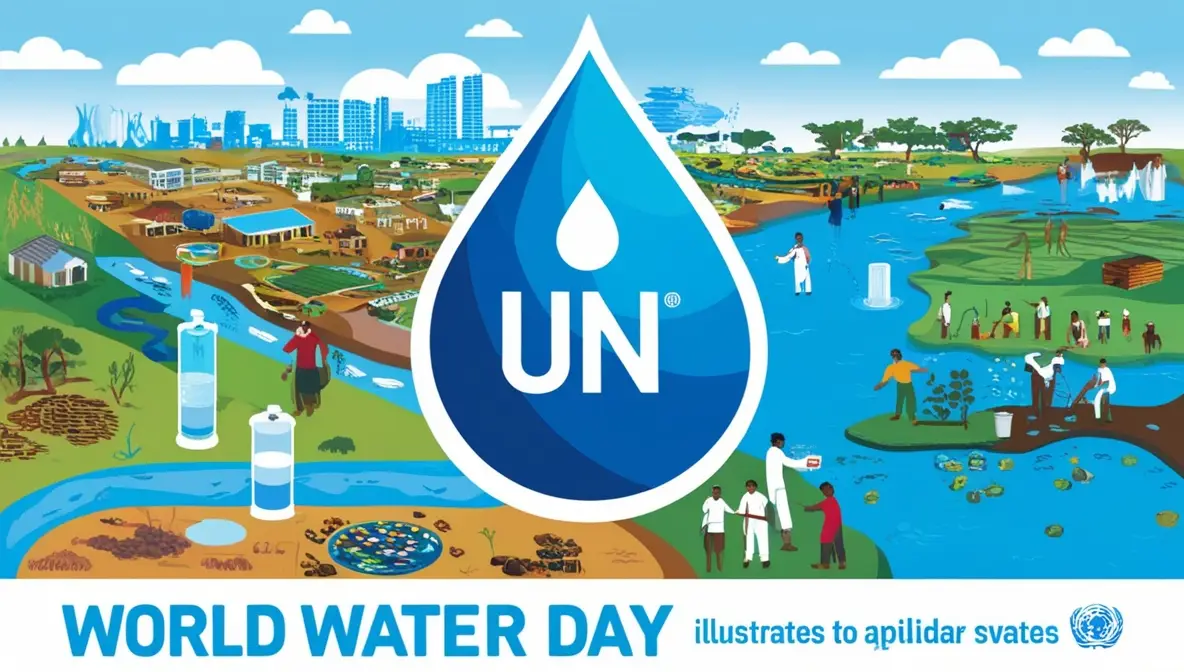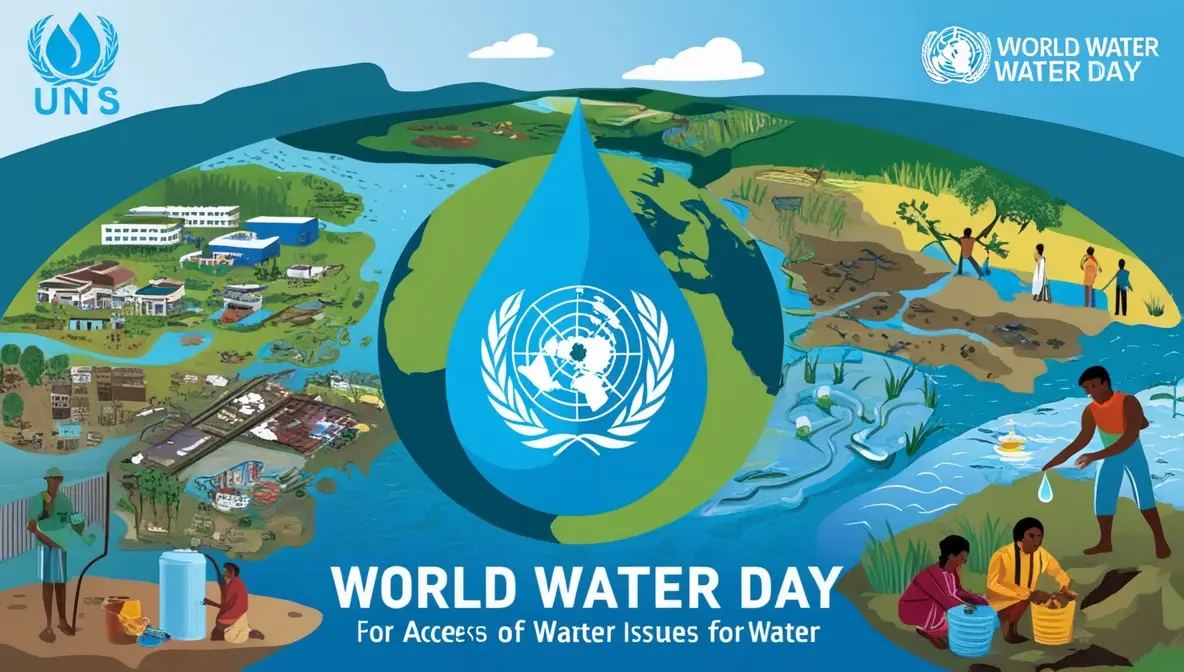World Water Day: March 22
World Water Day, observed annually on March 22, is a global event initiated by the United Nations to address the urgent issue of clean water accessibility. Despite advancements, 2.2 billion people worldwide still lack access to safe and clean water. This day underscores the critical need for equitable water distribution for drinking and sanitation.

- Saturday, 22 March 2025
- Sunday, 22 March 2026
- Monday, 22 March 2027
- Wednesday, 22 March 2028
History of World Water Day
The concept of World Water Day was first proposed during the 1992 United Nations Conference on Environment and Development in Rio de Janeiro. In December 1992, the UN General Assembly officially designated March 22 as World Water Day. The inaugural observance took place on March 22, 1993, and since then, all UN member states and numerous global organizations have participated in this vital initiative.
The iconic symbol of World Water Day is a water drop in the UN’s blue color, representing the global focus on freshwater issues.

Themes of World Water Day
Since 2002, World Water Day has highlighted different themes each year to spotlight various water-related challenges. The theme for 2024 is “Water for Peace.” Previous themes include:
- 2002: “Water for Development”
- 2010: “Clean Water for a Healthy World”
- 2012: “Water and Food Security: The World is Thirsty Because We are Hungry”
- 2020: “Water and Climate Change”
- 2021: “Valuing Water” – emphasizing the multifaceted value of water beyond its monetary cost
The Importance of World Water Day
While many of us enjoy easy access to clean water, this is not the case for billions of people worldwide. World Water Day aims to raise awareness about the global water crisis, including issues related to water pollution, scarcity, and inadequate sanitation. It seeks to educate individuals and communities about the importance of water conservation and access.
Activities and Engagement
Various NGOs, including UNICEF, WaterAid, and End Water Poverty, organize events to engage the public and media, fostering action towards water sustainability. Schools often participate by educating students on water conservation. You can contribute by learning about water sustainability, reducing your own water usage, organizing local awareness events, or volunteering to clean up local waterways.


